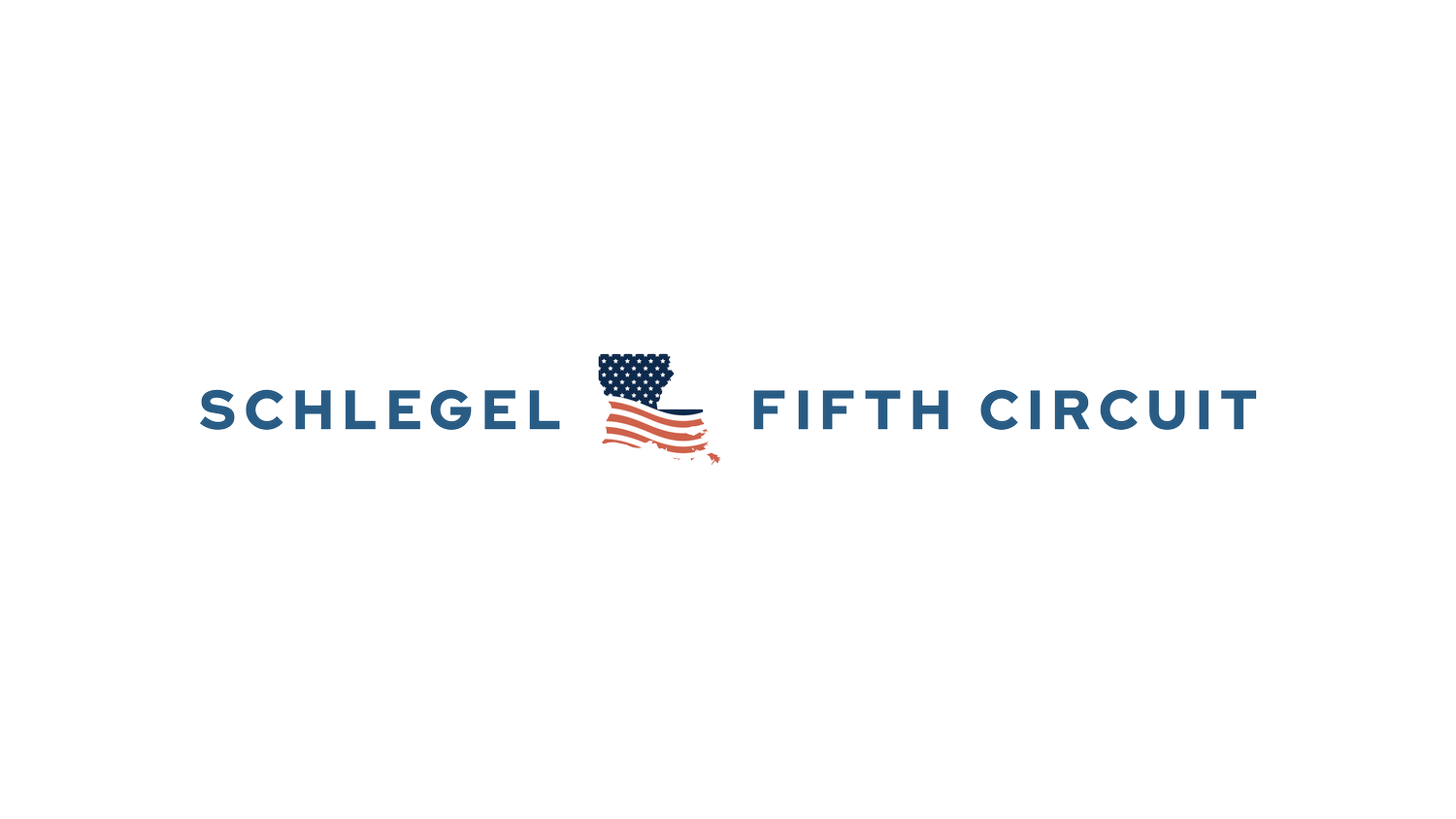The Spice Must Flow: A Dune-Inspired Warning About AI and Legal Judgment
What happens when lawyers stop conducting their own research, when judges rely solely on algorithmic assessments of risk, and when the very essence of law—a profoundly human endeavor requiring empathy, intuition, and the ability to navigate complex social contexts—is increasingly delegated to machines? The cautionary tale of the Bene Gesserit in Frank Herbert's Dune offers a chilling glimpse into a future where reliance on external expertise, even in the form of advanced AI, leads to the atrophy of essential professional skills and, ultimately, the erosion of sound judgment.
In Dune, the most powerful figures of the Imperium—rulers like the Padishah Emperor and the heads of the Great Houses—become utterly dependent on the Bene Gesserit, an ancient and secretive order of women with extraordinary abilities. These women possess a blend of heightened observation, emotional influence, and even prescience—the ability to foresee potential futures. Their counsel is sought by those in power, as their predictions seem infallible. Yet, this reliance gradually weakens the leaders' own decision-making abilities. Over time, they find themselves paralyzed without the validation of the Bene Gesserit, unable to act without their guidance. This dependency, so vividly portrayed in Dune, could mirror our own growing reliance on artificial intelligence in the legal profession.
The Promise and Peril of AI in Law
The legal world's rapid embrace of AI tools—from e-discovery platforms that sift through mountains of data to predictive analytics offering insights into case outcomes—promises efficiency and enhanced decision-making. Yet, like the Bene Gesserit's prescient predictions, these AI tools risk becoming more than just aids. They could become crutches, subtly eroding the very skills they were meant to enhance.
Consider a criminal sentencing hearing. AI risk assessment tools analyze recidivism rates and suggest guidelines based on historical data. But just as the Bene Gesserit's predictions couldn't foresee the rise of Paul Atreides—a figure who defied all their carefully laid plans—AI too risks overlooking the complexities of human behavior. These tools, like the Bene Gesserit's prescience, cannot fully grasp the nuances of each case: the defendant's genuine remorse, the complex family dynamics at play, or the unquantifiable potential for rehabilitation or recidivism. As with Paul, who ultimately challenged the limits of their foresight, human judgment can transcend the parameters set by AI.
The Art of Legal Practice
The practice of law isn't simply about applying rules to facts. Like the intricate political maneuvering in Dune, it requires nuanced understanding, careful navigation of precedent, and the ability to craft arguments that resonate with human experience. It demands what lawyers often call the "feel" of a case—an intuitive grasp of the issues that comes from years of experience and critical analysis. This skill is akin to the heightened awareness the Bene Gesserit developed through their rigorous training, a kind of instinctive understanding of human motivations and social forces.
If lawyers become overly reliant on AI-driven insights, they risk losing the ability to conduct thorough independent research, to develop finely honed legal arguments, and, ultimately, to exercise the very judgment that defines their role as counselors and advocates. They become like the leaders in Dune, hesitant to act without technological validation, their legal instincts dulled by disuse. Just as the Imperium's rulers became passive and indecisive in the face of the Bene Gesserit's counsel, legal professionals could become inept without the spark of their own critical thinking.
The Judicial Perspective
The implications for judges are equally profound. Imagine a world where judicial decisions are increasingly deferred to algorithmic recommendations. While such systems might promote consistency, they risk eliminating the crucial element of human discretion that ensures justice is not just efficient but fair and contextual. The very concept of judicial wisdom, cultivated through years on the bench, could become as obsolete as the decision-making capabilities of the Imperium's leaders, who grew dependent on the Bene Gesserit's guidance.
Finding Balance in the Digital Age
Yet, unlike Dune's stark warning about complete dependency, the answer isn't to reject AI entirely. The key lies in maintaining control—using AI as a tool rather than becoming its servant. Just as Paul Atreides learned to balance his prescient visions with human judgment, the legal profession must learn to harmonize AI's capabilities with professional wisdom. AI tools should not replace human judgment but enhance it, helping legal professionals make better-informed decisions while still relying on their core expertise.
The dangers Herbert envisioned weren't about the tools themselves but about the atrophy of human capability through over-reliance. As AI continues to integrate into our legal system, we must ensure we don't create our own version of the Imperium's dependency on the Bene Gesserit. Legal education must continue to emphasize critical thinking and ethical reasoning while teaching the appropriate use of AI tools. We must maintain our ability to question, challenge, and exercise independent judgment.
Conclusion
The spice must flow—but it must not control us. Similarly, AI will continue to develop and integrate into the legal profession, but it must remain a tool rather than becoming the master. The future of our legal system depends not on choosing between human wisdom and artificial intelligence, but on maintaining human judgment as the guiding force while using AI to enhance, rather than replace, our capabilities.
As Herbert showed us through the Bene Gesserit, even the most sophisticated systems of prediction and analysis can miss crucial human elements. Let's ensure that our embrace of AI doesn't lead us down a similar path of dependency and judicial atrophy.
Subscribe to my Substack newsletter today so you don’t miss out on a post. https://judgeschlegel.substack.com

